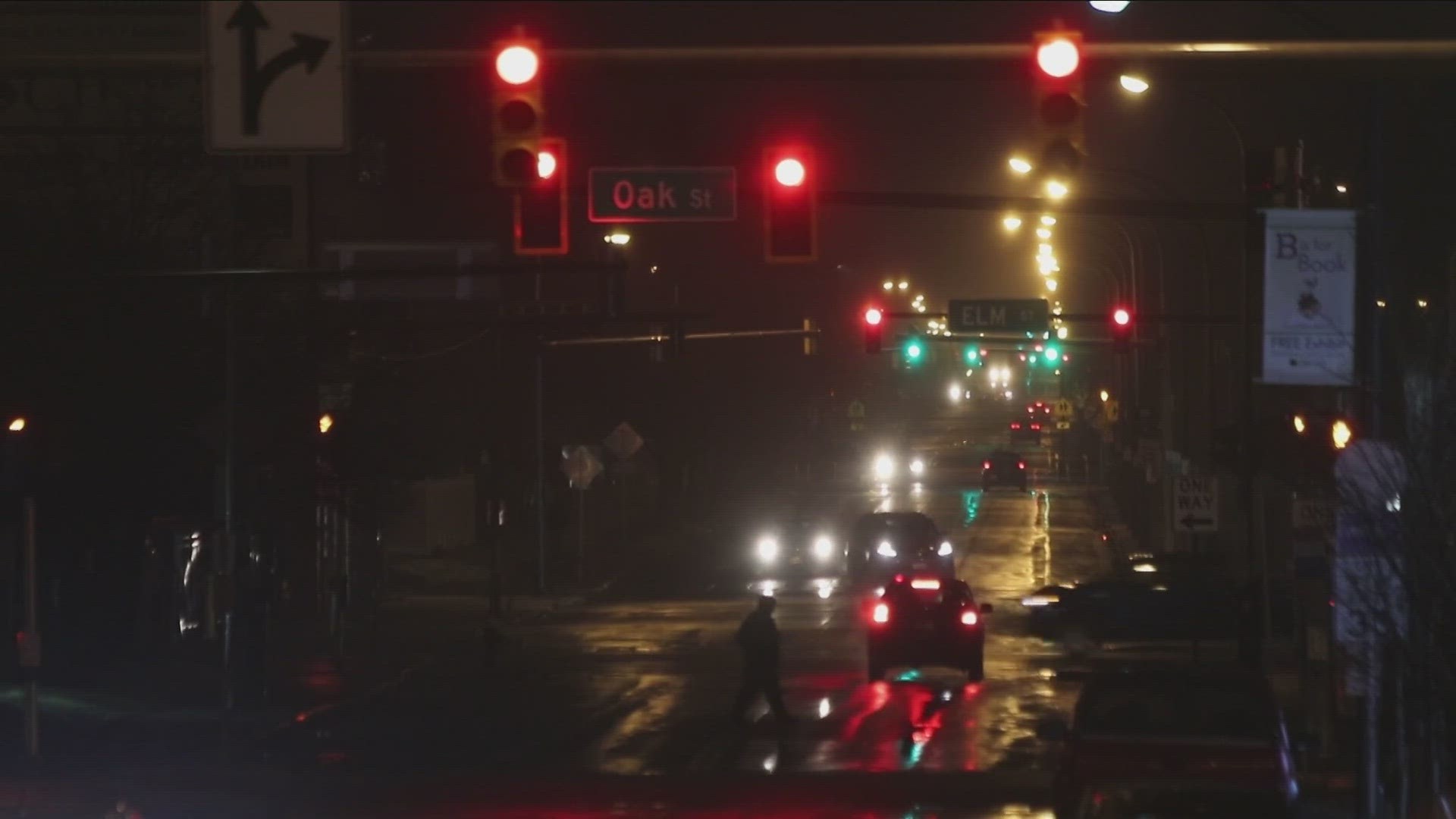BUFFALO, N.Y. — The city of Buffalo held another public meeting about smart street upgrades and accessibility changes to the waterfront.
Along with the Buffalo Urban Renewal Agency, the Office of Strategic Planning hosted the public meeting to provide updates about the design process for the two initiatives.
"One is the smart streets design plan, which looks at the central business district and talks about a lot of the smart city technology," said Brendan Mehaffy. "The second is a waterfront infrastructure plan that looks at all of the incredible investment that's going on on our waterfront right now, and looks at the infrastructure improvements we can do to make it better and more accessible for for more people."
Mehaffy is the Executive Director of the Office of Strategic Planning for the city of Buffalo.
There are no concrete plans for either the waterfront, or smart street upgrades to the central business district.
The final design reports should be released by January, Mehaffy said.
As for what's on the table, there's a laundry list of possibilities, according to the published documents.
Synchronized lights in downtown Buffalo, could finally be a possibility.
"Sync'd lights are part of the conversation," Mehaffy said. "Not just the traffic signals, but also the street lights."
Mehaffy says that smart street lights could provide a lot of traffic data to a central smart hub where the city could see parking space and traffic data in real time.
From a tourism standpoint, Patrick Kaler from Visit Buffalo Niagara is encouraged to see Buffalo taking the steps to propose upgrades that other cities invested in years ago.
"They kept referencing Indianapolis, which is really a great example of all of the mobility issues that we're talking about moving people around," Kaler said.
But how much will smart street upgrades and waterfront accessibility upgrades cost? Unfortunately, the city doesn't have an idea yet, mainly because no design has been finalized yet.
"We haven't gotten down to that level of detail at this point in time," Mehaffy said. "Certainly tens of millions of dollars, there's no question about it."

